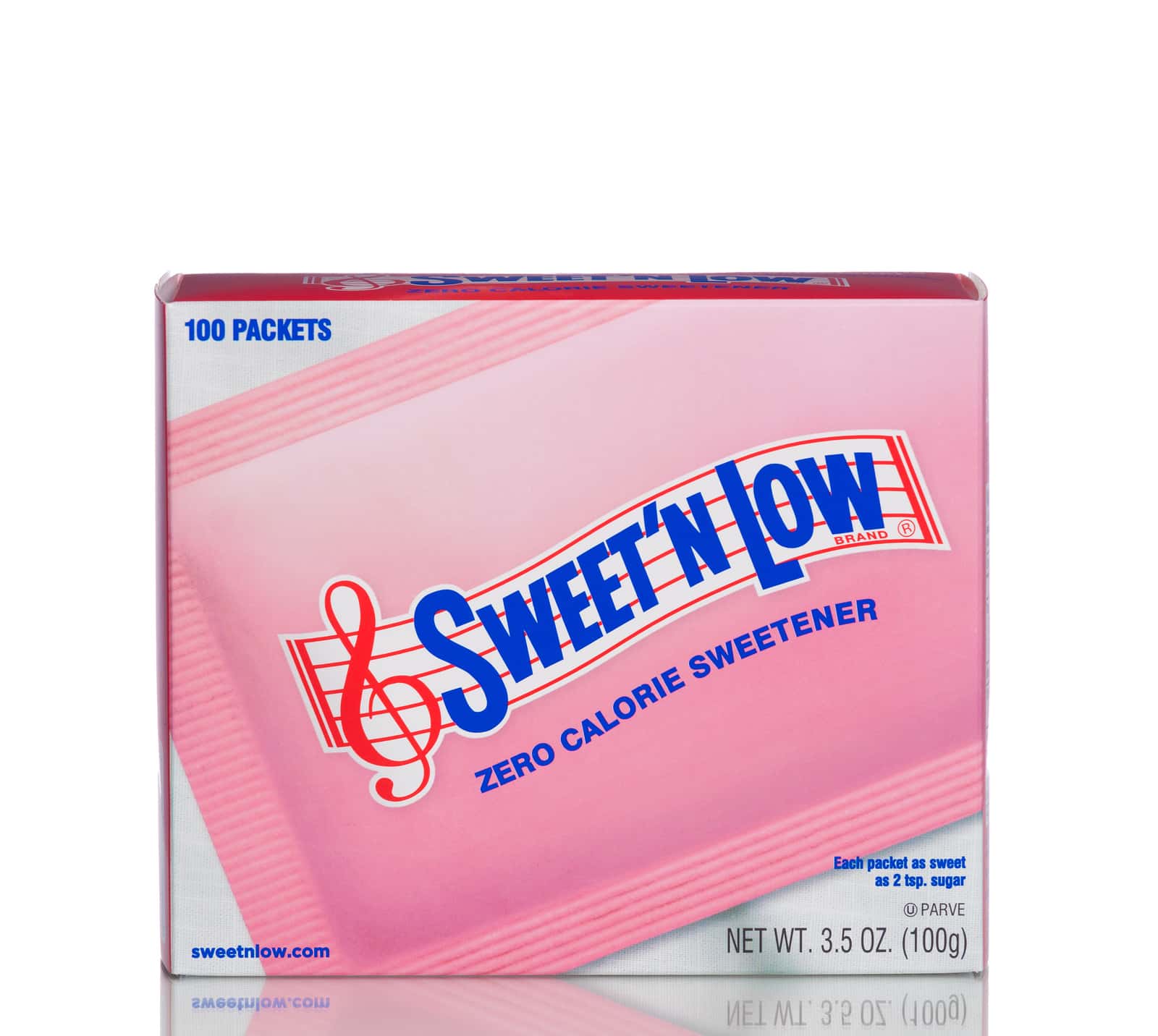
Artificial sweeteners are extremely popular, since they appear to allow us to break the rules and enjoy sweet drinks or treats without gaining weight. The FDA has approved a number of artificial sweeteners, and most people assume that these products are safe.
How Safe Are Artificial Sweeteners?
A new study suggests, however, that compounds such as aspartame (Equal, NutraSweet), sucralose (Splenda), saccharine and acesulfame potassium (Sunett) may harm the bacteria that live in our digestive tracts (Molecules, Sept. 25, 2018). The researchers, working in Israel and Singapore, discovered that six such non-nutritive sweeteners slow the reproduction of bacteria that light up in the presence of toxins. The indicator bacteria showed luminescence even at low levels of sweetener.
If Artificial Sweeteners Are Toxic to our Gut Flora, They May Not Be Good for Us:
Ten sports supplements containing artificial sweeteners were also toxic to these bacteria, known collectively as microbiota. We rely on our microbiota for all sorts of health benefits, including digestive tract health. In fact, the proper balance of microbiota seems to control both constipation and diarrhea. Consequently, the research raises the possibility that artificial sweeteners might also be bad for us over the long run.

